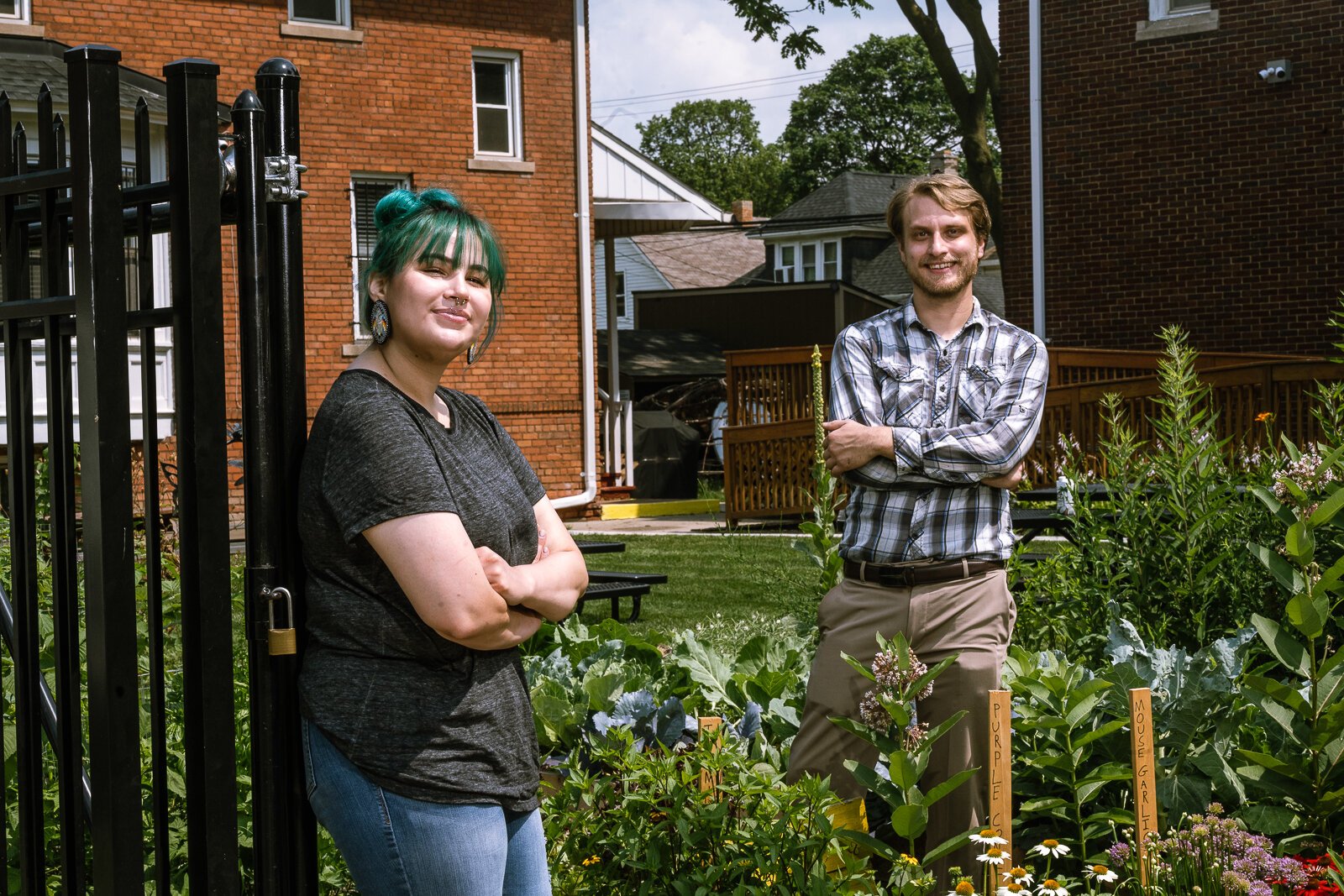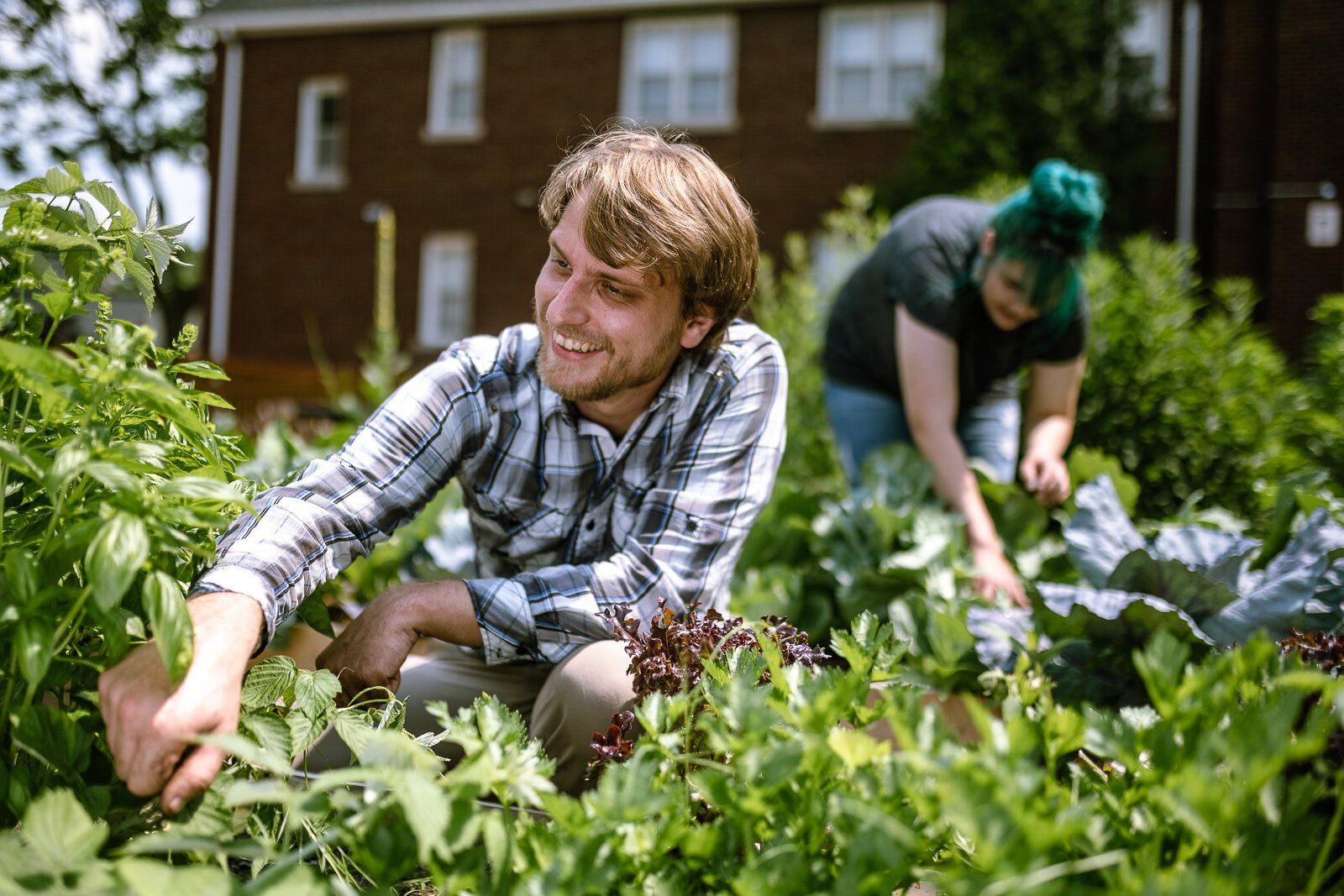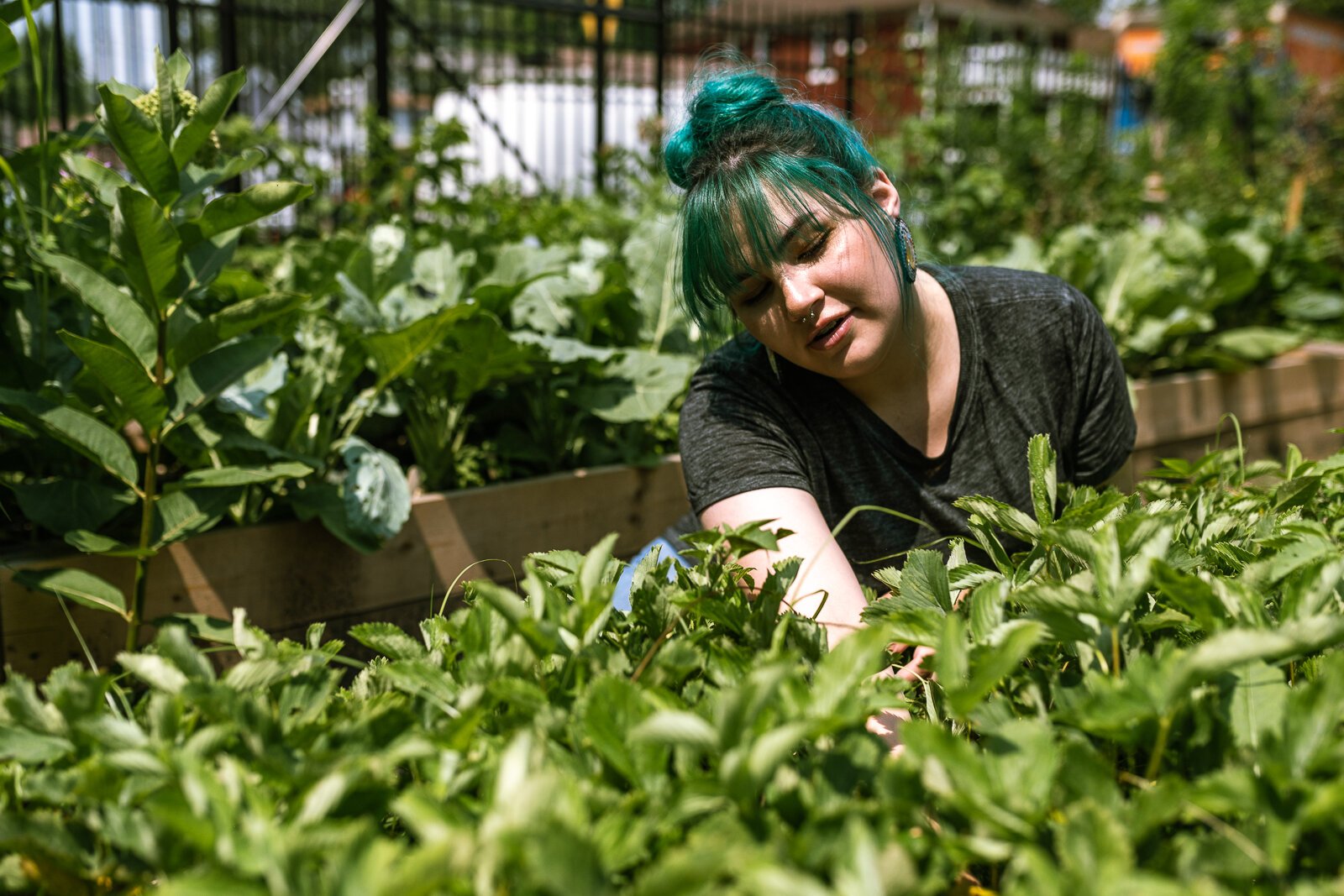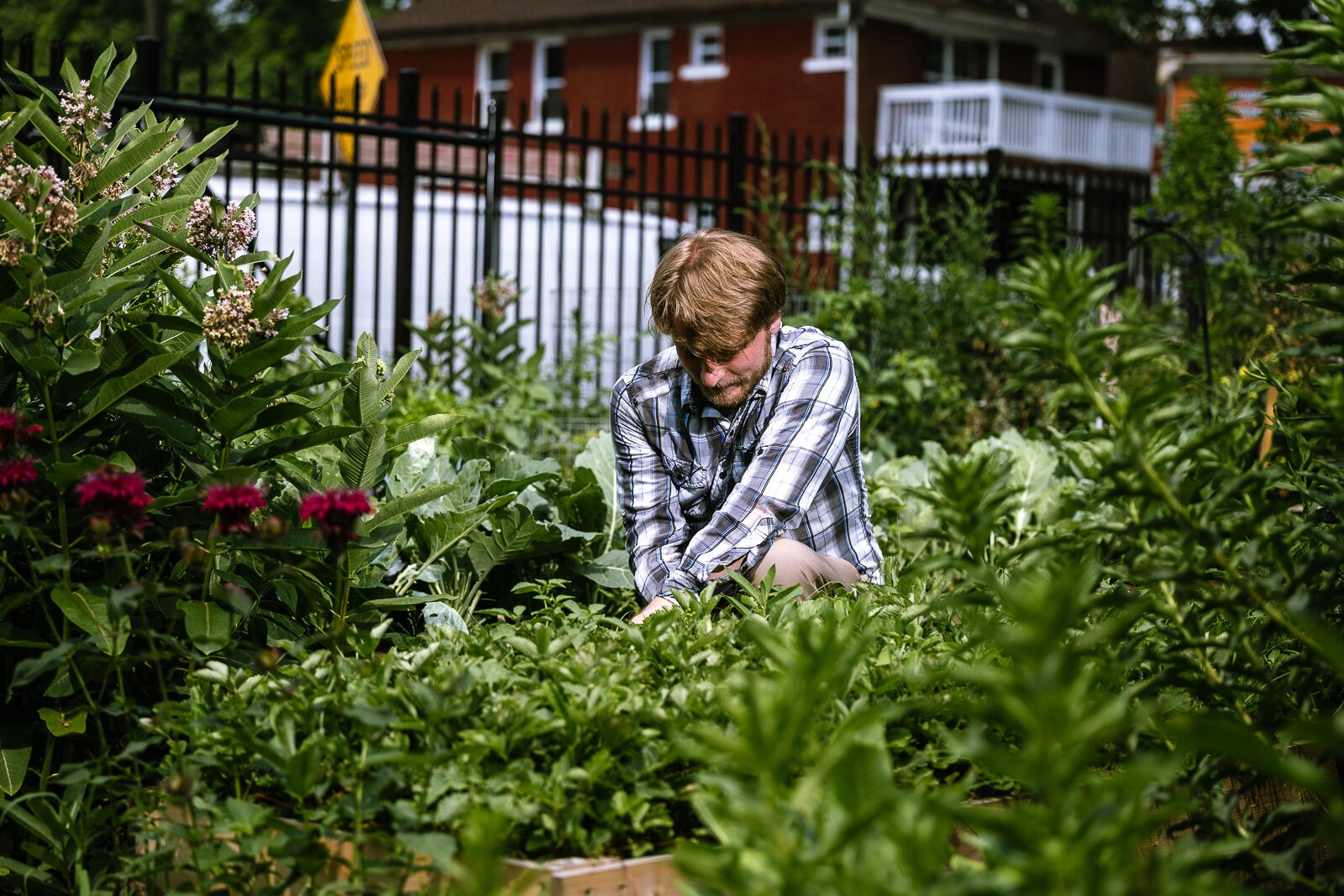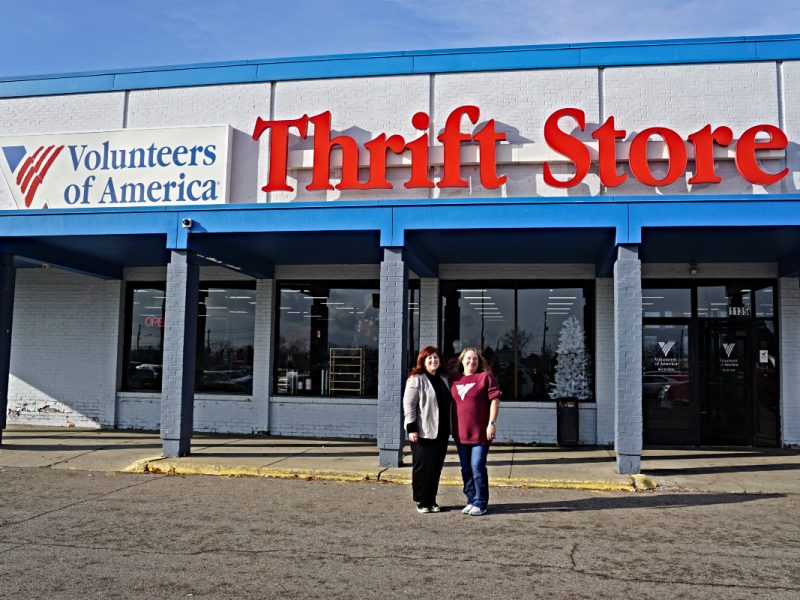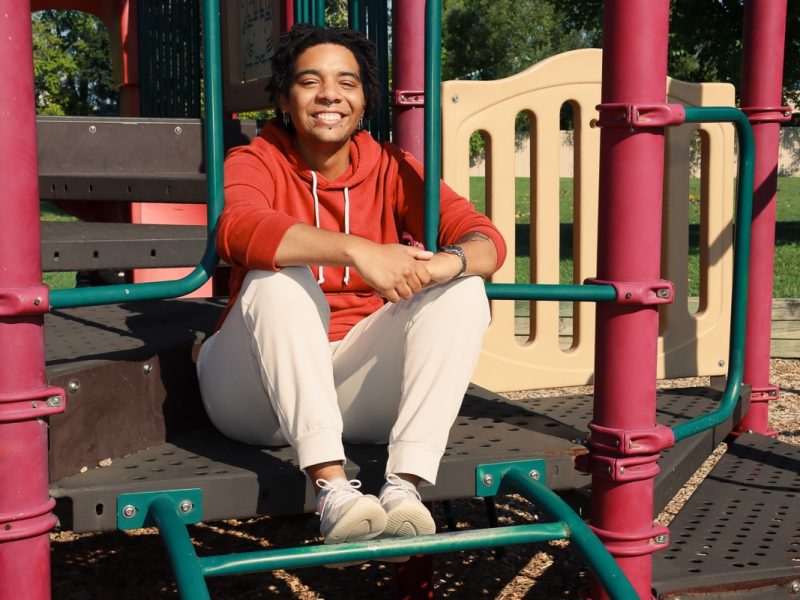Partner Partner Content SNAP-Ed program connects southeast Michigan’s Indigenous peoples with traditional, local food
A new food sovereignty program is engaging youth leaders to build relationships with local Indigenous farmers growing traditional native fruits and vegetables.
This article is part of Stories of Change, a series of inspirational articles of the people who deliver evidence-based programs and strategies that empower communities to eat healthy and move more. It is made possible with funding from Michigan Fitness Foundation.
Michigan’s Indigenous peoples have been developing, growing, and eating an abundant supply of nutritious food for centuries. This rich food culture has been passed down for generations.
From European contact to the Industrial Revolution to present day, farming has changed to support populations with new agricultural and manufacturing methods. Over the years, the resulting changes in local food systems have, in part, contributed to higher rates of chronic disease among Indigenous peoples, higher even than the general US population. But a new food sovereignty program led by Detroit-based nonprofit American Indian Health and Family Services (AIHFS) is engaging youth leaders to develop solutions by building relationships with local Indigenous farmers growing traditional native fruits and vegetables to supply foods for future AIHFS programming.
Food sovereignty is a grassroots movement that goes beyond food security. It seeks to address inequities in the food system to ensure people have the right to culturally appropriate food produced through ecologically sound methods. It also seeks to ensure people have the right to define and access their own food systems that produce healthy, locally grown foods.
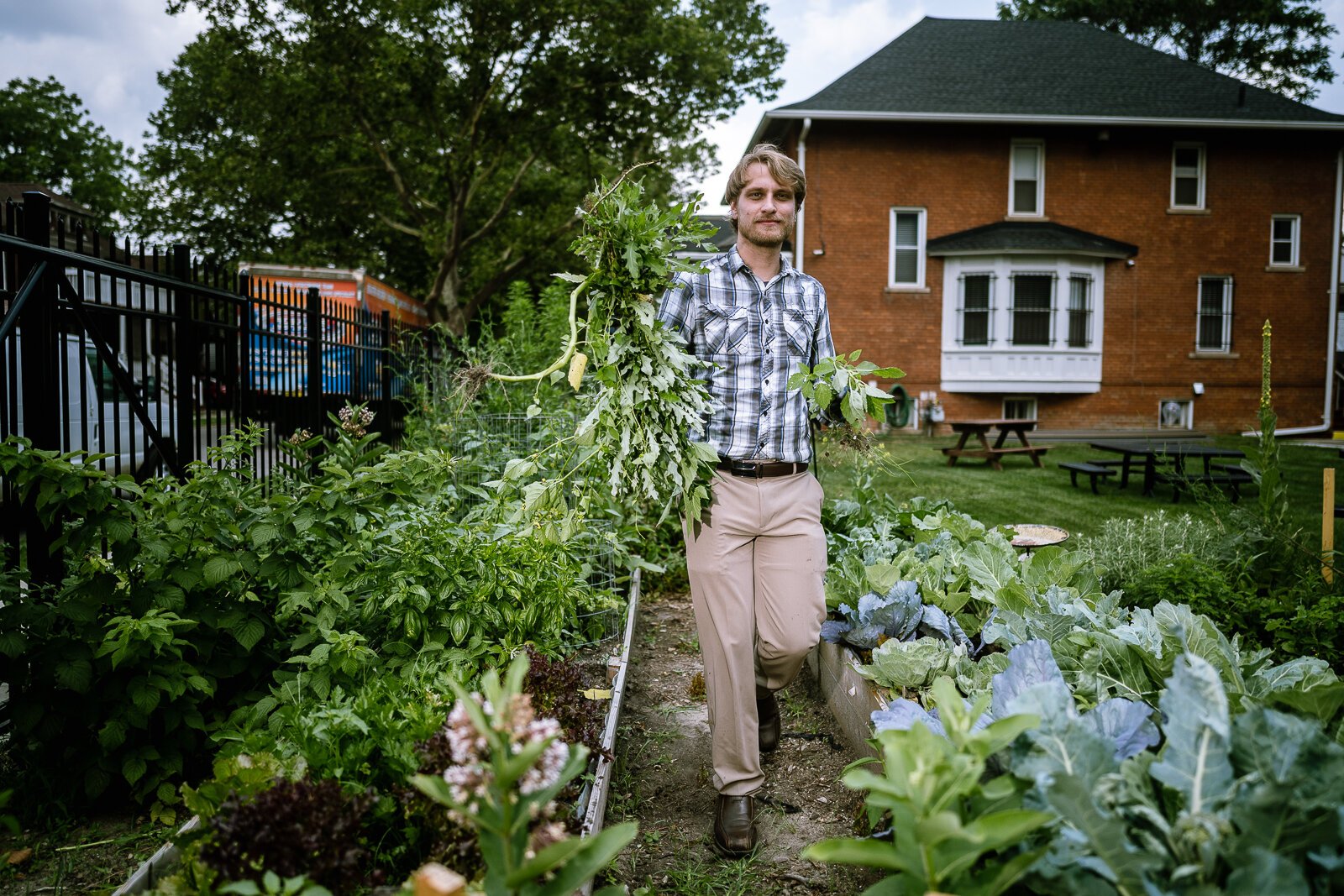
AIHFS’ food sovereignty work strives to engage community members in building healthier environments, habits, and relationships. Under the umbrella of their Sacred Roots initiative, portions of AIHFS’ food sovereignty work, along with the 13 Moons of Anishinaabe Nutrition Program, are made possible through Michigan Fitness Foundation (MFF) Supplemental Nutrition Assistance Program Education (SNAP-Ed) funding. MFF is a State Implementing Agency of the Michigan Department of Health and Human Services for the education component of the Supplemental Nutrition Assistance Program. SNAP-Ed is an education program of the U.S. Department of Agriculture that teaches people eligible for SNAP how to live healthier lives. MFF offers grants to conduct SNAP-Ed programming throughout the state of Michigan.
“Our big goal is to encourage the community to reconnect and get back that cultural connection,” says John Peterson, AIHFS food sovereignty program manager and wellness/volunteer coordinator. “It’s amazing how much we consume that originates from the Americas. In fact, 60% of the food consumed around the world comes from native foods found in North America — corn, beans, potatoes, chocolate, vanilla, cranberries, blueberries, blackberries, strawberries. All sorts of foods come from this historical root.”
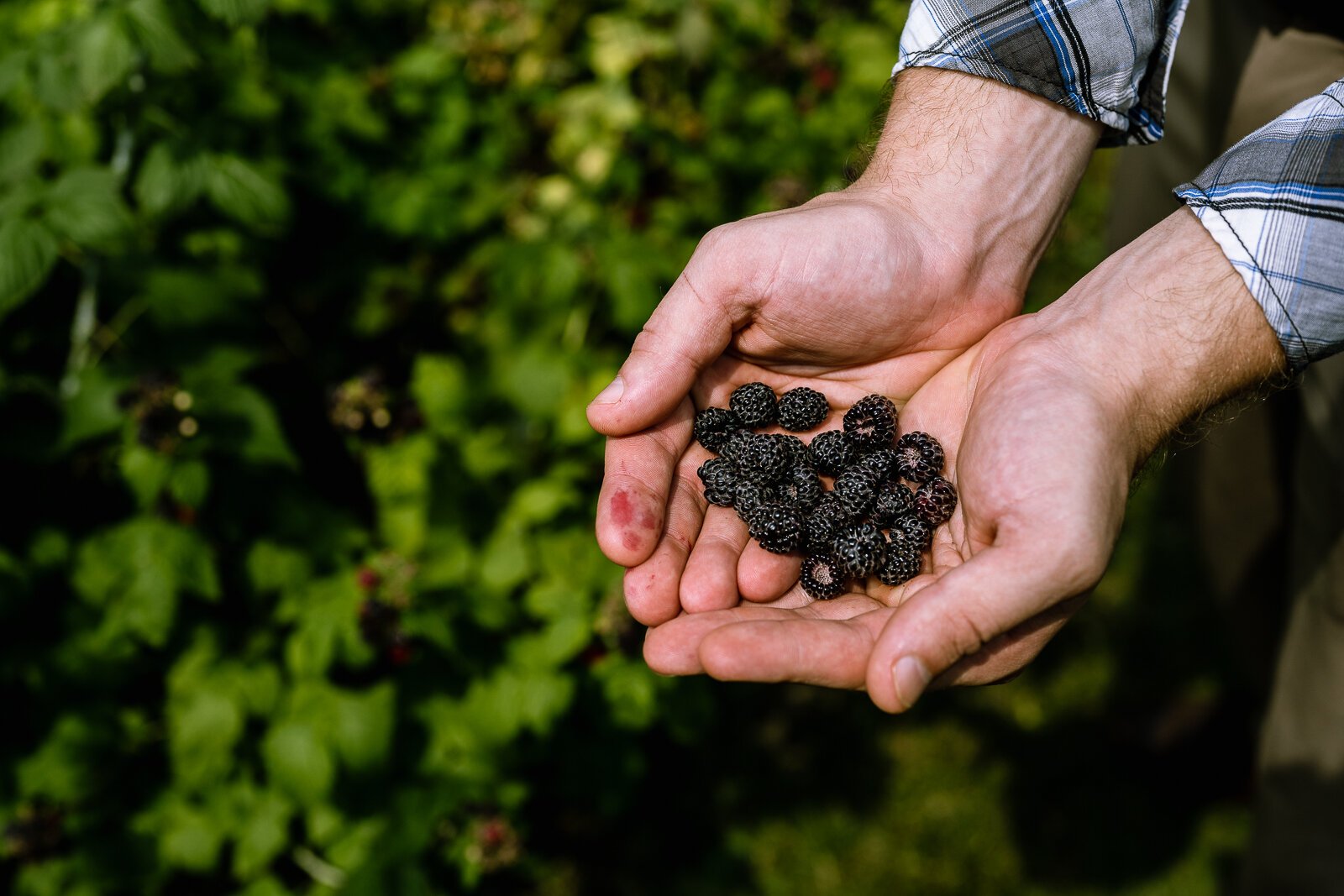
AIHFS staff approach their food sovereignty work using policy, systems, and environmental (PSE) change strategies. The goal is to modify the environment so that healthy choices become practical and available to all community members, while addressing health issues like obesity, diabetes, cancer, and other chronic diseases.
“The unique challenge with PSE work is it’s very slow,” Peterson says. “We are approaching it from the mindset that these things take time, like food. It takes time to grow a crop. There can be a lot of challenges producing food. Good things take time to grow.”
As they build the program, AIHFS staff have reached out to youth involved in their existing programming. Peterson considers 19-year-old Lauren Potorek one of the initiative’s champions.
A student at St. Clair County Community College, Potorek has been very active in her community and serves on the AIHFS Youth Advisory Council. “I like that the [food sovereignty] program is something that we can be involved in, that we can have a voice in how a program works. It can be an issue, although not always, when a youth program is directed mainly by adults doing what they think is right,” Potorek says. “Being in this role has really helped me get more of a perspective on the kind of work I want to do in the future, especially around our food.”
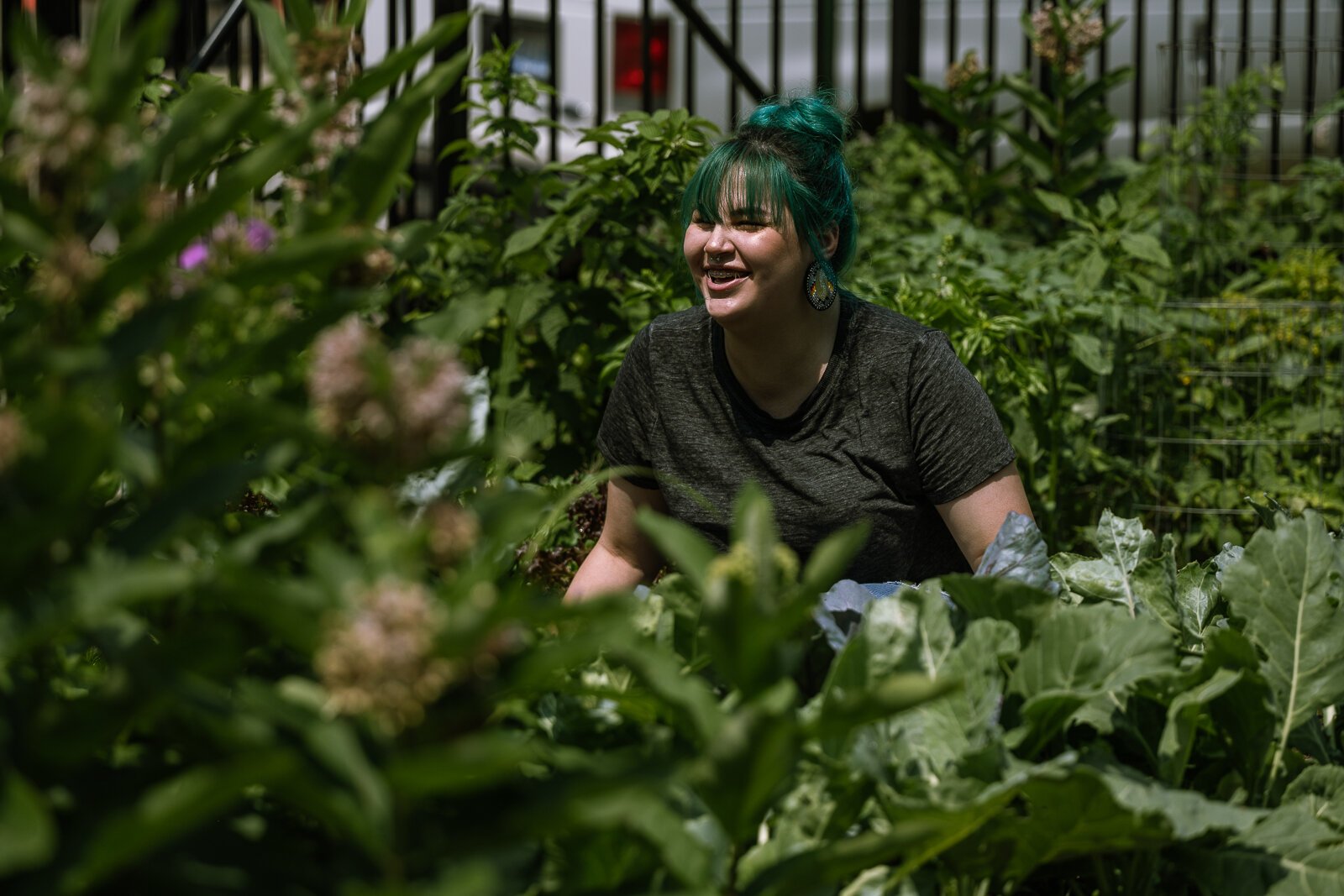
For example, AIHFS’ delivery of the 13 Moons of Anishinaabe Nutrition Program “Cooking Healthy” classes will be enhanced by integrating traditional foods from local Indigenous farmers as a part of their food sovereignty work. Potorek believes the classes will inspire families to eat more traditional foods while offering additional benefits.
“They might not live somewhere with a lot of space to cook, but they will still be able to focus on traditional foods and make a meal that everybody can connect to,” she says. “This program will help everyone learn how to prepare foods that don’t require a lot of money, and we will share where they can source foods for a lower cost or for free. Being involved in our 13 Moons and food sovereignty programs also creates more leadership and community engagement opportunities for our youth.”
Community engagement has long been an AIHFS focus. In addition to the standard services offered by integrated health organizations, the organization engages the Indigenous people it serves through sweat lodges, gardening, and fitness classes, and at pow wows. This new food sovereignty PSE work will build on that community engagement, complement how AIHFS works with neighborhood residents, and provide opportunities for additional tribal outreach.
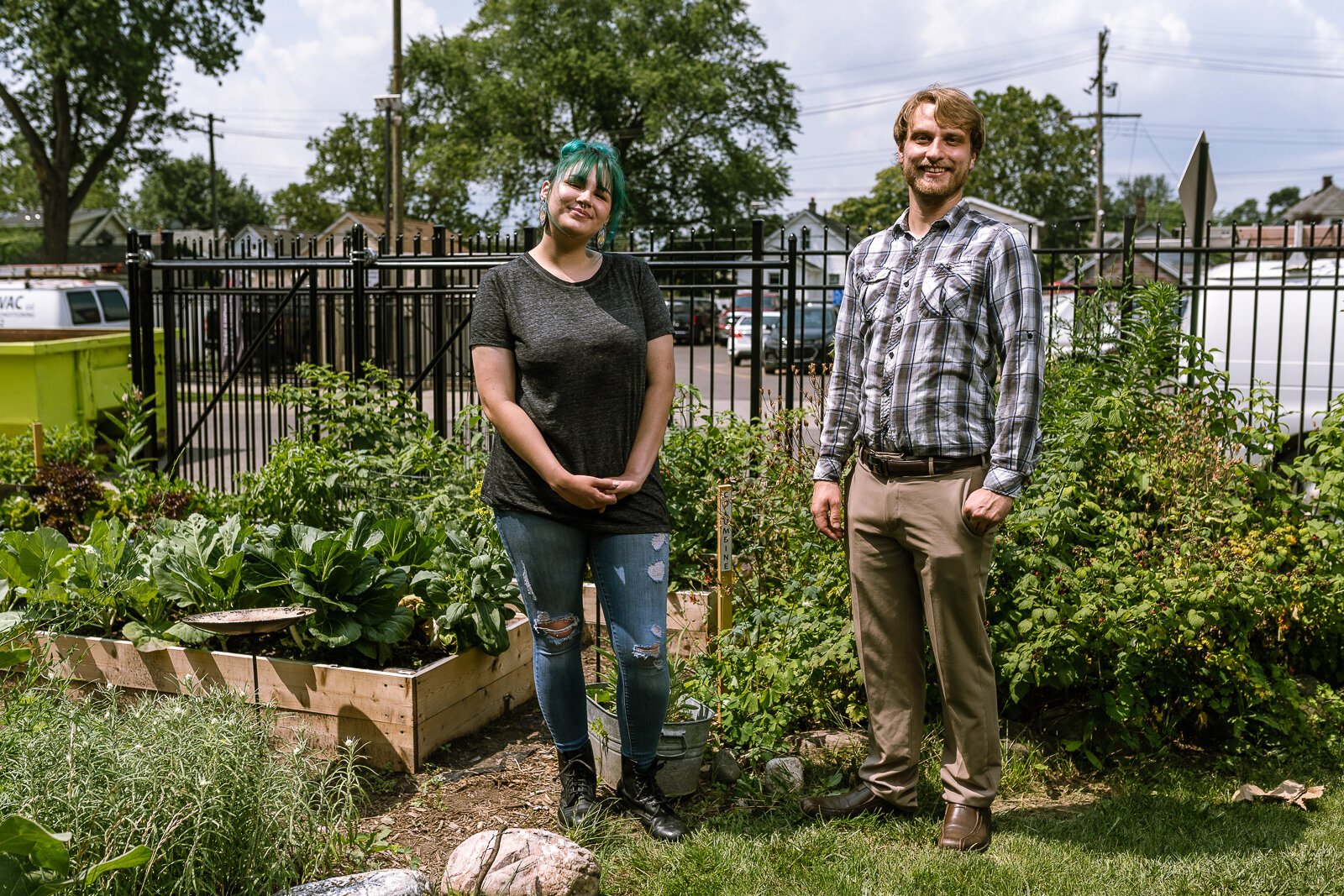
“One of the things we’re doing is changing the mindset in how we talk about these foods. They are not just for special occasions. This healthy, traditional food culture will support the community and give them what they need,” Peterson says. “With systems thinking, we recognize that it isn’t as simple. Like planting seeds in the ground, there are so many dynamic variables to take into account. The path forward isn’t exactly straight, but there is a path.”

